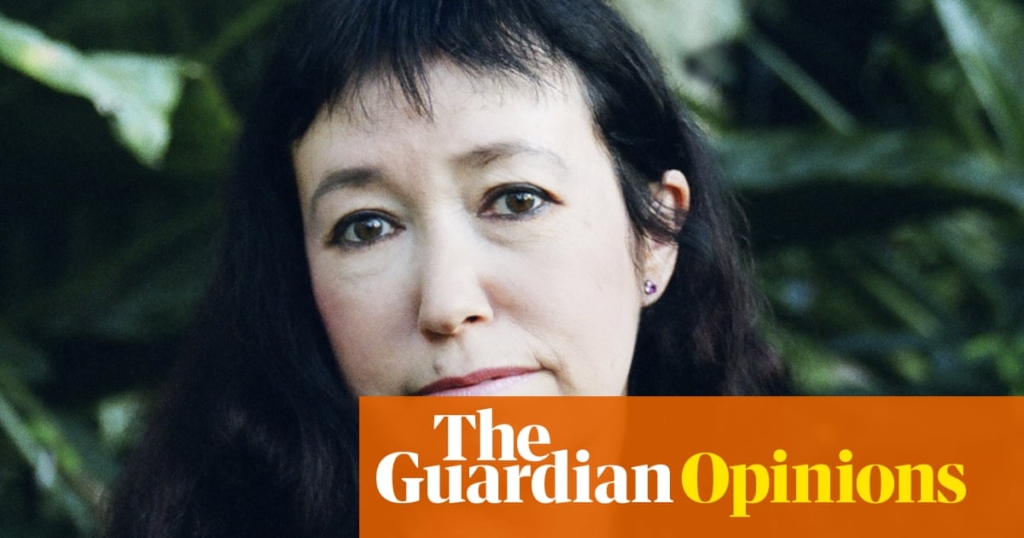Poetry has a big debt to nature, its muse and source of metaphor for centuries. As the UN climate conference begins, it is time to pay it back. Poetry must give nature a voice to express its dire predicament. “I will rise,” declares the furious river in the Scottish makar Kathleen Jamie’s poem What the Clyde Said, After Cop26 – just as the River Xanthus in Homer’s Iliad rose in revenge against Achilles for filling it with so many bodies.
Ms Jamie’s poem appears in a new anthology, Earth Prayers, edited by the former poet laureate Carol Ann Duffy. “We are in the age of anthropogenic climate breakdown, possibly the Age of Grief,” Ms Duffy writes in the foreword. The 100 poems, ranging from classics such as Matthew Arnold’s 1867 Dover Beach to #ExtinctionRebellion by Pascale Petit, remind us not just of the beauty of the natural world, but its fragility.
After the floods in Spain, not to mention the return of a US president who promises to withdraw from global climate accords, these poems take on fresh urgency. Clare Shaw’s Catastrophic Devastation; Damage Complete, describing the flooding in northern England in 2015 – “Enough of toppled trees, uprooted; enough of major structures shifted, / Enough of wood and concrete lifted, enough of nothing left…” – evokes scenes that have become all too familiar across the globe.
No novelist writing today should ignore climate change, Paul Murray, the author of the bestselling 2023 novel The Bee Sting, said recently. There has been an outpouring of “eco-fiction” and “cli-fi”, with apocalyptic scenarios proving fertile ground for science fiction. It is the poet’s job to notice and record the minutiae of the natural world, and the changes are impossible to ignore. All contemporary nature poets are eco-poets.
Since his appointment in 2019, Simon Armitage vowed to put the climate emergency at the heart of his laureateship, donating his £5,000 fee to the Laurel prize awarded to a collection highlighting the crisis. The ceremony is part of Summit, a landmark eco-poetry festival bringing together poets, writers and climate scientists. Armitage’s latest collection, Blossomise, is both a celebration of blossom and a warning at the alarming ways in which seasonal norms are being disrupted. From the spoken-word collective Hot Poets to anthologies of new work such as Out of Time, edited by the poet and palaeontologist Kate Simpson, the poetry community is rising to the challenge.
But what of the much-quoted WH Auden line that “poetry makes nothing happen”? In the face of extinction threats, a poem seems a particularly puny adversary. Poetry might not make things happen, but it can make us see things differently, especially in times of crisis. The Romantics held nature up against industrialisation and helped define the modern world. With Monday being Armistice Day, and with so much global conflict, the legacy of the first world war poets in changing perceptions of battle cannot be overestimated.
A poem is a moment in time in language, and as such all poems are elegies. It is no wonder poetry is being repurposed for our “age of grief”. But it does not only speak of loss. A poem can make us feel and understand things with a clarity sometimes lost in a blizzard of scientific data. Great poetry endures. It inspires a sense of wonder, joy and connection with nature that is entirely hopeful. And hope is something we need more than ever.





Yorumlar kapalı.